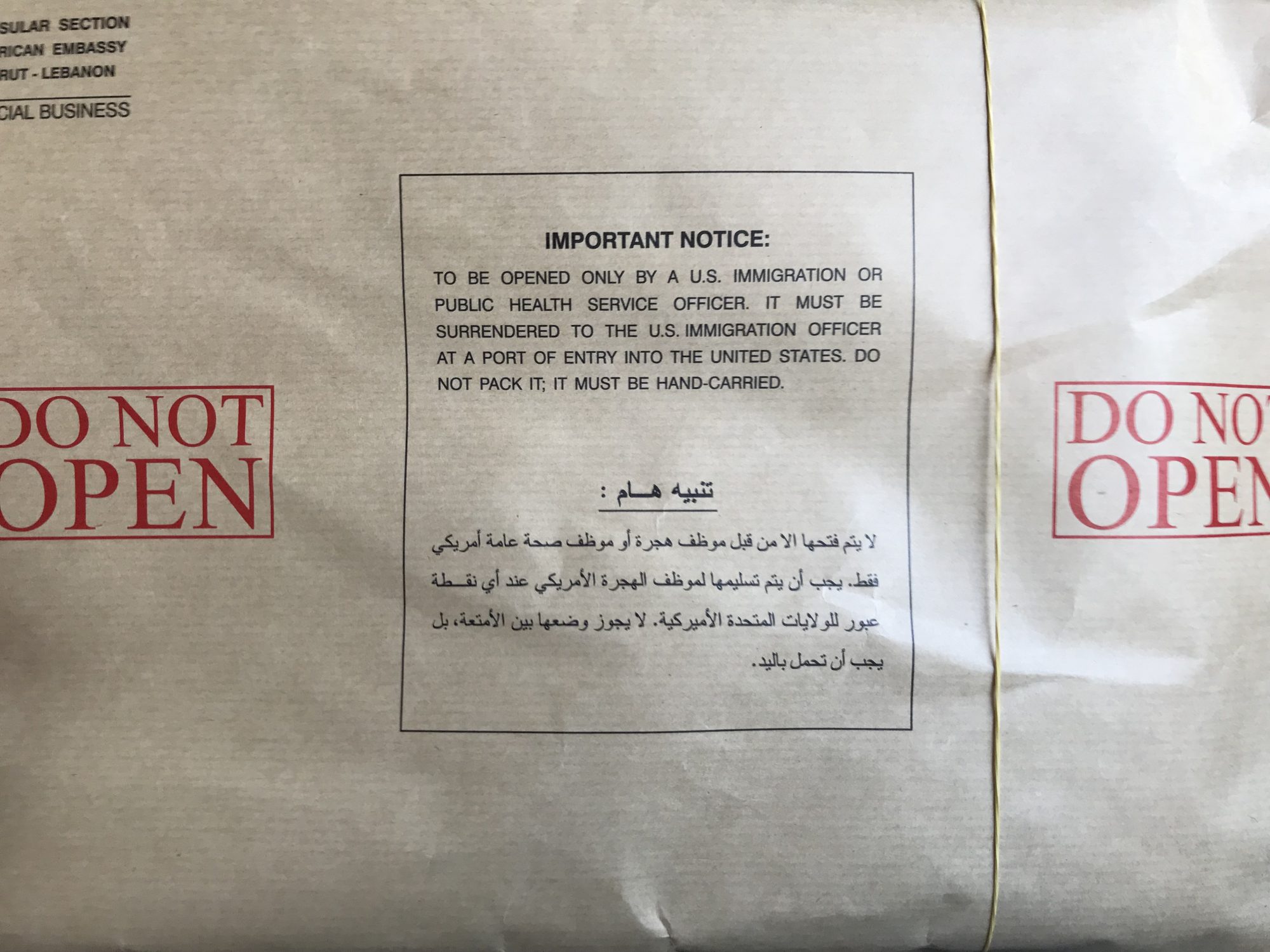It’s weird how the internet has made so many people think more highly of the Unabomber, as was evidenced by his recent passing. It’s weird and it’s ironic, given his whole off-the-grid anti-tech thing.
What’s weirder than overly-online young people cleaning up the image of a self-important terrorist wackjob, however, is that you’d think they’d choose an anti-hero that speaks more to their actual lives. A person like Nasim Najafi Aghdam, for example, who in 2018 walked into YouTube’s headquarters in San Bruno, CA, and committed arguably the first act of terrorism against the creative economy.
Nasim’s hatred of YouTube seems a lot more relevant to zoomers today than uncle Ted’s silly cabin fantasies ever will. And it’s only a matter of time before these awful things become more commonplace. You can’t make yourselves the overlords of something without expecting a reaction.
Capitalism is famously said to breed its own gravediggers, so it stands to reason to assume that platforms that feed off of shock and polarization and extremism should expect to reap what they sow. I wonder if they even have contingency plans for that. Do they count that as an externality?
I imagine the cleverest would. Gathered around their conference tables, I’d like to think that at least one person would ask: but would this app update enrage anyone enough to want to kill us? Oh to be a webcam on the wall.
Nasim ultimately turned her pistol against herself. Our reliance on these platforms is ultimately self-destructive. Maybe we should have our own contingency plans too. Maybe we should start asking ourselves more often: will this post be the end of me?
